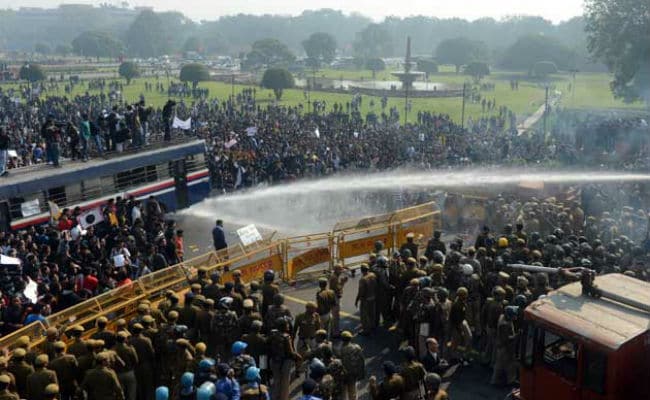
Defying the ban on 'India's Daughter', the BBC documentary by Leslee Udwin, a group of villagers from Awalkheda near Agra, were shown the film on Sunday.
About 50 people attended the screening, which was stopped after about half an hour, as other villagers protested.
The screening of the hour-long documentary on the 2012 Delhi gang rape was arranged by activist Ketan Dixit, who works with acid attack victims and is an independent documentary film-maker. Mr Dixit said he screened the film on International Women's Day to protest against the ban.
"The Centre has banned the documentary, but there is nothing in it which requires banning it," he said.
Although the documentary is in English, volunteers were present to explain what was being said to the audience in Hindi. One of the villagers said, "The film should be shown to the public otherwise how will there be awareness on this issue?"
The local police picked up two villagers last night and Mr Dixit was called to the police station this morning. Mr Dixit's laptop, pen drive and a projector were seized by the police. All three were let off after five hours of questioning.
The police has not yet filed a case against anyone in the matter. " The organisers were called to the police station and legal opinion is being sought from Lucknow on what should be done. Any irregularity will be investigated," said a senior official Rajesh Srivastava.
Earlier in the day, Mulayam Singh Yadav's daughter in law, Aparna Yadav held a protest in Lucknow against BBC for airing the film. Though she admitted to not having seen it she called it a "garbage documentary" that had damaged the country's reputation.
The government had served a legal notice to the British Broadcasting Corporation or BBC, which telecast the documentary 'India's Daughter', in the UK and other countries on March 4. Two days later, the film was banned in India; video links to it were removed from YouTube.
Track Latest News Live on NDTV.com and get news updates from India and around the world

